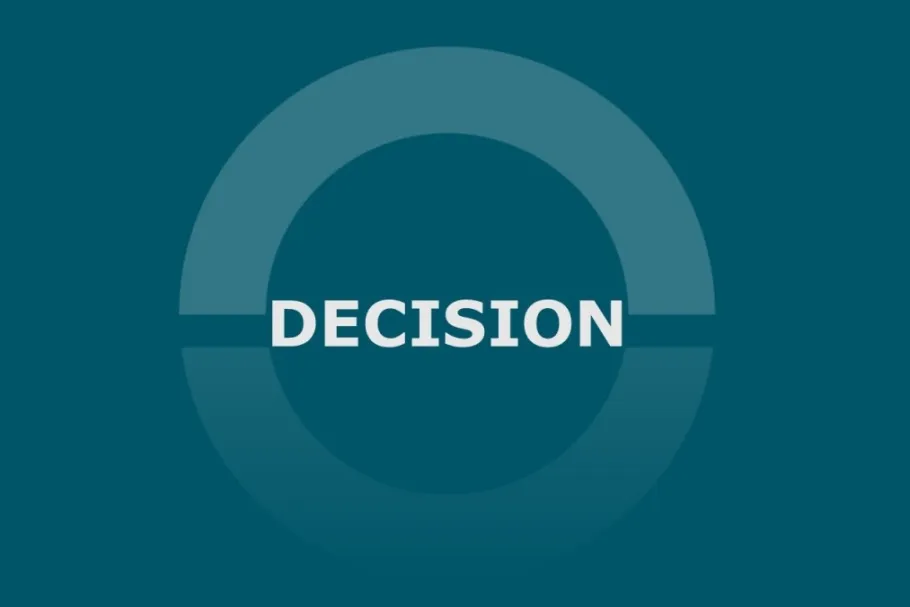The Fine Line Between In-Competition and Out-of-Competition Violations in an Athlete’s Case

What a difference a day makes…(with apologies to Dinah Washington)!
This is a very interesting decision which deals with the distinction between In-competition and Out-of-competition ADRVs and in particular the importance of timings.
The Anti-Doping Regulations changed in 2021 reducing the Ineligibility period (suspension) for the social and recreational use of cocaine out of competition and unrelated to sport performance from 4 years to 3 months. In- competition the rules provide for a 2 year ineligibility period.
The athlete was told he wouldn’t be playing in a fixture on the Sunday. On the Thursday and Friday he admitted to ingesting a significant amount of cocaine in what was termed a 24 hour binge. He was then told on the Saturday he had been called up to play on Sunday. After the game he tested positive for the presence of cocaine and/or its metabolite in a urine sample.
The issue for the tribunal (chaired by the eminent William Norris KC) was when the athlete had last consumed cocaine given that the In-competition period started at 11.59 on the Saturday night. This was a factual dispute. UKADs position was that it was overwhelmingly likely he consumed some cocaine in the In-competition period given the concentration levels in the sample. The athletes position was that he had last ingested cocaine on the Friday evening. He had been in bed on the Saturday at home recovering when he received the call up for Sundays game.
After considering the witness evidence and the medical evidence and having regard to WADAs Guidance Note on concentration levels the Panel considered that the athlete’s recollection and account of events was imperfect and there was a conspicuous absence of corroborating evidence. They preferred the “overwhelmingly powerful scientific evidence” from Professor Cowan, UKADs medical expert.
The Panel therefore concluded to their comfortable satisfaction that the likelihood was that the athlete had to have consumed some cocaine in the In-competition period. The issue then was the period of ineligibility and the rules provided for a 2 year ineligibility period given the In-competition finding.

